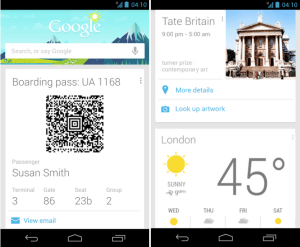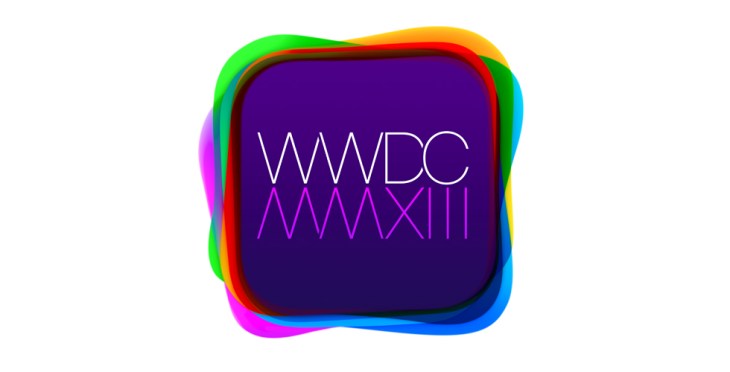So iOS 7, it seems, is going to do away with much of the skeuomorphic design that has crept into the operating system and its utilities. Jony Ive, rumor has it, has done away with all the textures and real-world analogs in iOS 7 and has switched to a flat design instead. Good for him, but if that’s all that is new in iOS 7, Apple has a real problem. It’s not the design of iOS, but rather the fact that its own service offerings like Siri, iCloud and iTunes aren’t all that great when compared to what its competitors in Mountain View (and may startups) are working on.
Phones, for all intents and purposes, are pretty much thin slabs of metal or plastic with a high-res screen on top. There are few ways a company can use design to really set itself apart. Sure, Apple still has the better build quality than most of its competitors, but that margin is getting narrower and narrower. While Apple could always claim that it had the better apps, that’s less of an argument today than it was even a year ago, given that all of the most interesting apps are now generally available for both platforms (and maybe even for Windows Phone).

The area where manufacturers can distinguish themselves from their competitors is in the services they offer. Samsung has understood this and so has Google. Apple also knows that it needs killer services to keep its crown, but the ones it currently has aren’t all that great. Siri, for all its hype, still remains relatively useless. I still don’t quite understand iCloud, and developers now have better cross-platform choices than Apple’s cloud storage service (including Drive and SkyDrive from Google and Microsoft). iMessage is nice, but it’s not a killer feature and not something WhatsApp and other third-party developers haven’t already replicated and improved upon. The less said about Maps, the better.
But look at what Google can offer. There is Google Now, which gives you information before you even need it. The new Google Play All Access music all-you-can-listen-to subscription service launched ahead of Apple’s iTunes/iRadio offering. Its online storage, productivity and mapping services are light years ahead of Apple’s. Now that it owns Quickoffice, Google’s productivity apps for iPad are, at least in some respects, even more capable than Apple’s mostly ignored Pages, Numbers and Keynote. And even though Google+ may not be as big a hit as Facebook, it gives Google data about its users that Apple can’t even dream of (remember Ping?).
Google gets services – and it has the data to make them useful. It’s also slowly getting design. Apple, so far, doesn’t. Apple may have a few data centers, but it’s still mostly a hardware manufacturer. Its problem is that its competitors can now make hardware that is at least close to what it can build, so to remain competitive, it needs these services to set itself apart from the others.
iOS 7 will probably look better than iOS 6, but that’s just window dressing. Few will shed tears for Apple’s Notes app, but what Apple really needs are killer services – and so far, it doesn’t have those.
